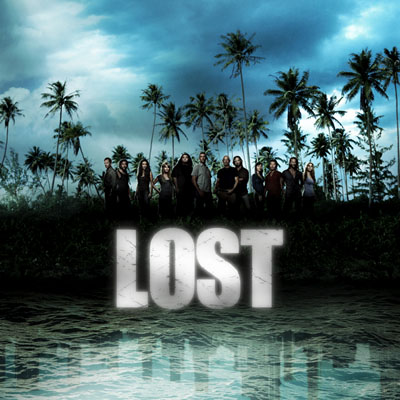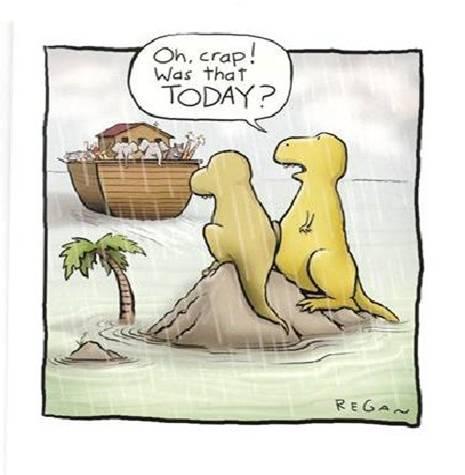James Howell is the minister of my home church in Charlotte. Here is a
thoughtful two part post he has sent out recently (used by permission).
Stewardship is a spiritual
practice? It feels more like the inevitable business side of the Church,
bills to pay, budgets to meet… and yet with a personal edge: How
much do they really need? Is there enough transparency for me to feel my
money is put to good use? Do I support what they are doing with the
money?
Jesus seems to have thought up
the idea of stewardship, and he didn’t manage a budget or provide
payroll. When he taught, he stood outside and pointed to real vineyards
his listeners could see, in which many of them worked. Every vineyard was
owned by some rich person who didn’t do manual labor. He hired a
steward, someone to be sure the vineyard was productive. The steward
didn’t own the vineyard, but his task was to prosper the owner, and to be
sure all the workers had enough food to eat to keep working; his delight was in
the good of the owner, and for those who needed the vineyard to survive.
This is what stewardship
really is. God owns the vineyard: the earth, all the stuff you come
into contact with, your money, house, talents, time. You exist to
prosper, not yourself, but God, and those who need what’s in the vineyard
God owns in order to survive.
Our society, unquestionably,
lifts up money
as its ultimate idol. We really do believe money is the fullness of life,
that problems are solved best with money, that more money would make whatever
situation better. Money is a powerful instrument, and much good can be
done with it! – but money is God’s most arrogant rival, and so when
we part with it for God, and for those in dire need, we actually shed layers of
insulation between ourselves and God. Generosity gives birth to a more
spiritual heart; greed, or clinging, or the thought that I am cool or secure or
in control because of my money, actually digs out an unbridgeable canyon
between ourselves and God.
So we give to the Church, not
to pay bills, or because they need some money (which we do!), but because we
need to grow closer to God; we recognize that the hollowness we bear in the
soul is there because we have let money usurp the role God desires to fill in
our lives. Generosity
matters for the needy whose plight breaks God’s heart, for those eager to
learn about God, for the hurting and hopeful who look to the Church for solace.
Methodists have always taught
“tithing,” giving 10% of whatever we earn to the Church.
Sounds manipulative, I know – so it’s worth mentioning that John
Wesley, our founder, was opposed to tithing. He thought 10% was
simply too little to give to the work of God – and might create the
foolish illusion that 90% of my money is mine! It all belongs to
God: how we spend it all, whether my spirituality lowers the temperature
on my feelings about money, how we invest, or give, or even speak about
money. It is a spiritual practice, and an attentiveness to its place in
our heart is perhaps the key to growth in faith.
James
The complete eGrowthInFaith series
is archived here,
and you can find other
resources on our web site.
When Jesus spoke of a steward who was
responsible for the owner’s vineyard, he was thinking of someone who
worked out of doors, with his hands in the earth, tending to things that grow.
Christians grow in their faith as they grow in their appreciation for
God’s world, as they take responsibility for the things God has made.
The environment, global warming, and
industry policies stir much political debate. But for Christians, we care for
the earth because God made it. Step away from the computer and go outside:
look up, look down, look all around, not at the manmade stuff but at what God
made – if you can find any! This is the theater of God’s glory,
the testament to the grandeur and power of God, to the tenderness and sheer
delight God takes in making and sustaining life. The best preachers on TV are
those cameramen who show us the haunts of an eagle or undersea mountain ranges,
a nebula whose light has been streaming our way for a few thousand years and
amazing 7500 mile migration of the bar-tailed Godwit from Alaska to New Zealand
(and back) each year. God did that.
St.
Francis wouldn’t step on a bug, and he thought about the way a bird
or a flower give praise to God simply by being. St. Francis was “green,” not for any political reason, or
even because he wanted to save planet earth; rather, he loved and adored God so
much that he loved and adored and was tender with all God made – perhaps
the way a parent doesn’t take a child’s coloring and just toss it
in the trash. You gasp over the beauty, you frame it, and pay the coloring
(and the colorer) many compliments.
To grow in your faith, get out of the
city, look up at night, pet a dog, read Annie Dillard’s Pilgrim
at Tinker Creek, giggle like a child if you see a hummingbird or a
worm; notice God’s craftsmanship, protect it when you can, and give
praise to the Creator.
James
but it is also about how we think about and treat the world – and the
people in it, including ourselves. God created humanity and told them to
“have dominion” over what had been made (Genesis 1:31). How
do we begin by exercising “dominion” over our own selves? And
since the word “dominion” is related to the way we’ve spoken
over the centuries about Christ the Lord (as in A.D., anno domini?), could
it be that stewardship of my self means I treat myself in the ways our Lord
treats us?
Jesus encouraged care for the
body; Paul declared that your body is the temple
of the Holy Spirit (1 Corinthians 6:19). So healthy habits and
exercise help us grow in our faith. God has crafted each one of us with
certain abilities, passions, quirks, and fascinations: so how do we let
them be for God? Years ago I wrote
these words: “The Holy Spirit must have terrific fun while
working in that secret factory where people are created, smiling over yet one
more unique individual, creasing each fingerprint at a never before seen
curvature, devising a maddeningly new personality, even between so-called
identical twins. A passion for Mozart, mixed in with a head for numbers,
sobered by a mental block with foreign languages, yet a flair for pastry
crusts, a smile no one has ever anticipated, laughably surprising permutations,
the Spirit strewing gifts and talents all over like that sower Jesus told us
about (Mark 4). If we want to be close to God, if we crave fulfillment in
life, then we must first look to whatever little or big skill we have, lift our
heads in gratitude to the Spirit, and then confess ‘My life is not my
own. Use me as you will.'”
Stewardship is about who you
are and the way you are wired, and a
generous availability to God. Stewardship therefore is about time.
The racing clock seems to strangle our spirituality; but the only way to grow
closer to God is to engage in a careful inventory of time, how it is consumed,
what really matters – and to adamantly block out time for God, for the
life of faith and service – and when we do we discover the bolstering
presence of God in all our other hours and days, and we grow.


